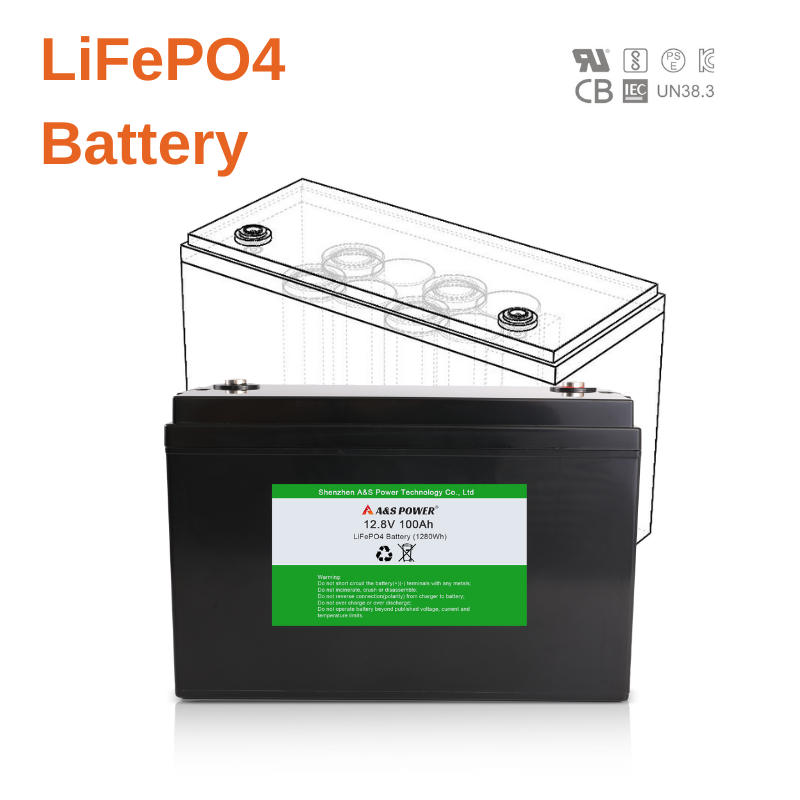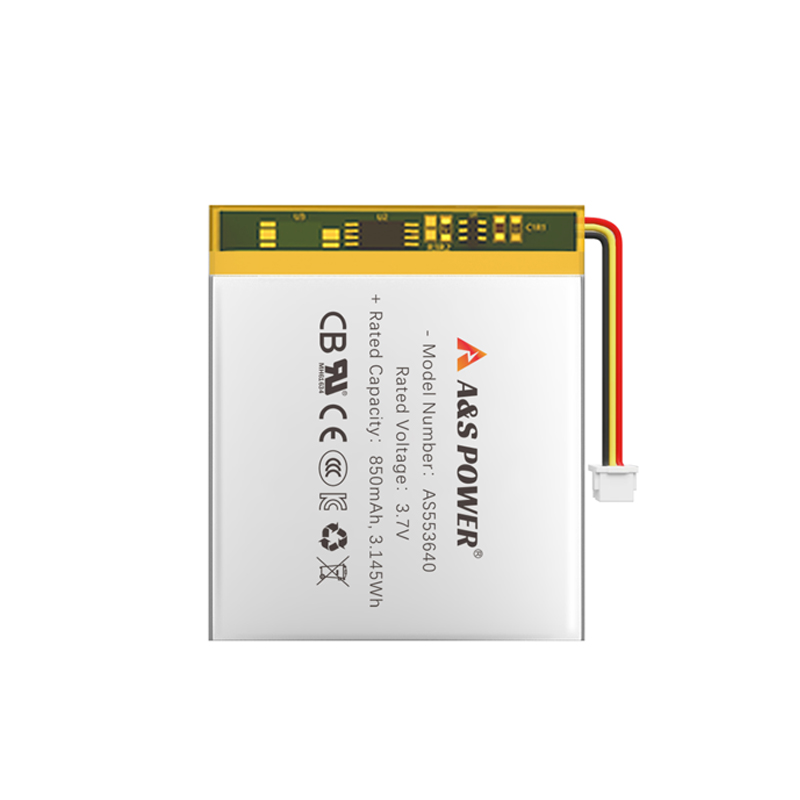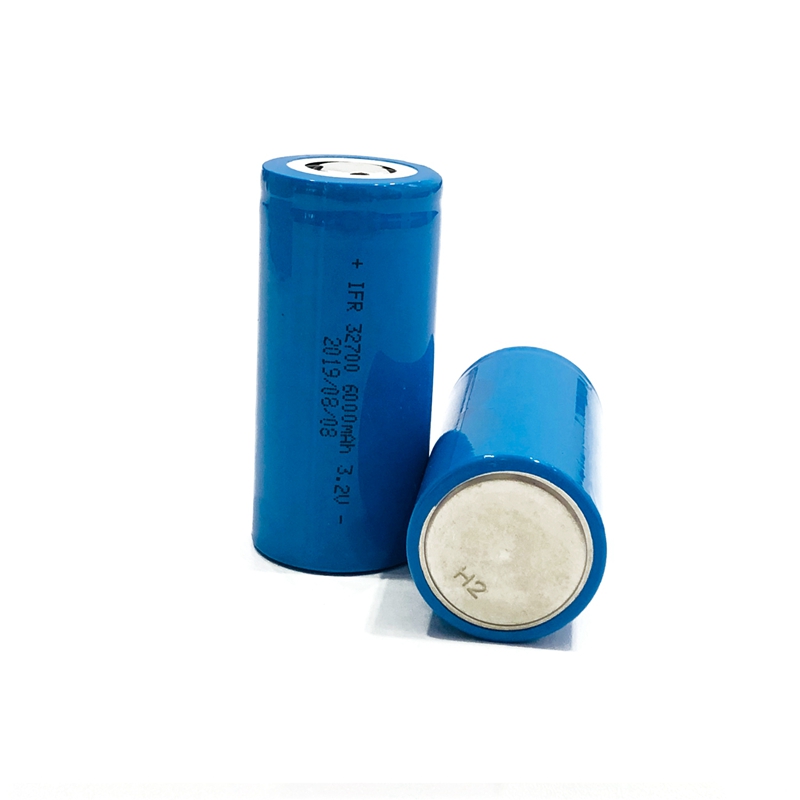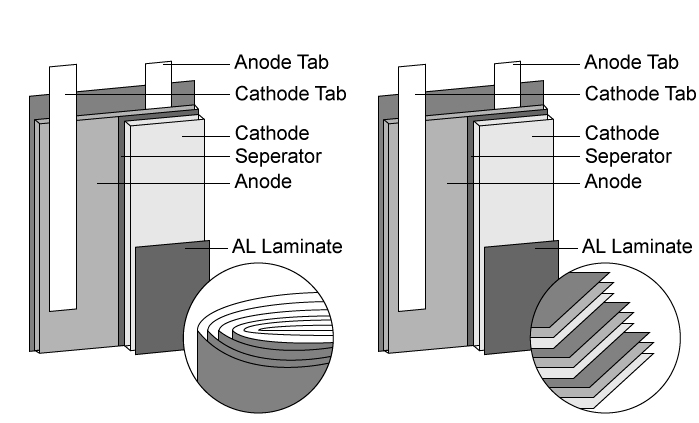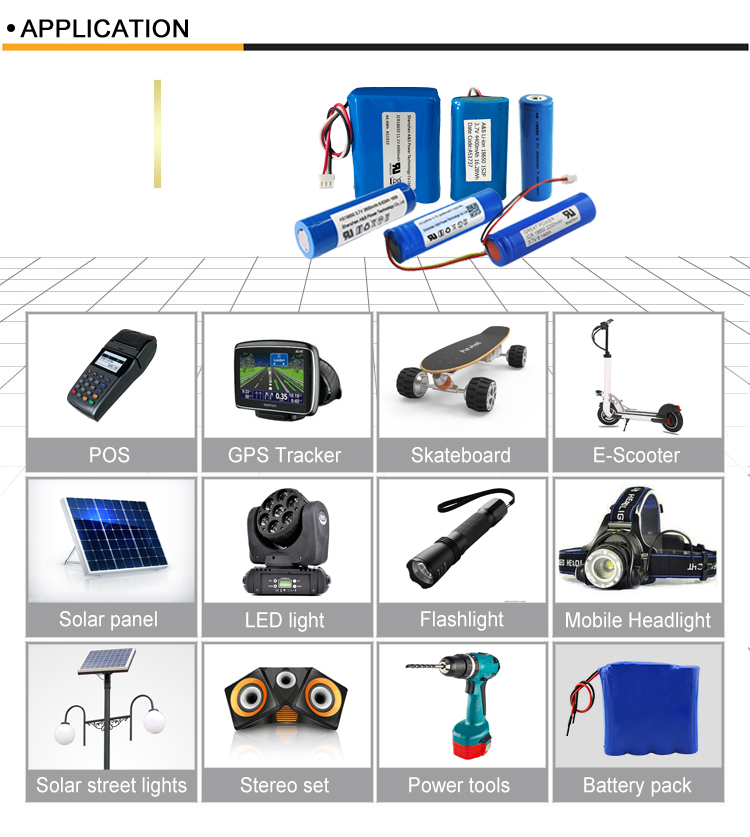High-voltage electrolyte gives lithium-ion batteries a boost
2021-07-05
The research was carried out by scientists at University of Tokyo (UT), who were focused on the part of the battery known as the electrolyte. This is a solution that carries the lithium ions back and forth between the battery’s electrodes as it is charged and discharged, and by experimenting with alternatives to the solvent typically used in today’s devices, the team believes it has found a superior option.
“A battery’s voltage is limited by its electrolyte material,” says (UT’s) Professor Atsuo Yamada. “The electrolyte solvent in lithium-ion batteries is the same now as it was when the batteries were commercialized in the early 1990s. We thought there was room for improvement, and we found it. Our new fluorinated cyclic phosphate solvent (TFEP) electrolyte greatly improves upon existing ethylene carbonate (EC), which is widely used in batteries today.”According to the team, the EC solvent that features as the electrolyte in today’s batteries becomes both flammable and unstable above 4.3 V, while the TFEP electrolyte the team developed and tested can handle up to 4.9 V.
With further work, this additional voltage from a battery of the same size could mean electric vehicles that can travel further on each charge, without weighing any more. The same would apply to extending the battery life of smartphones, laptops, tablets, or anything else powered by lithium-ion batteries.
“Most research on electrolytes is a bit trial and error, with slight alterations to the basic chemistry rarely offering any advantage,” says Yamada. “Our approach came from a theoretical understanding of the underlying molecular structures. We predicted the safe, high-voltage properties before we experimentally verified them. So it was a very pleasant surprise indeed.”


